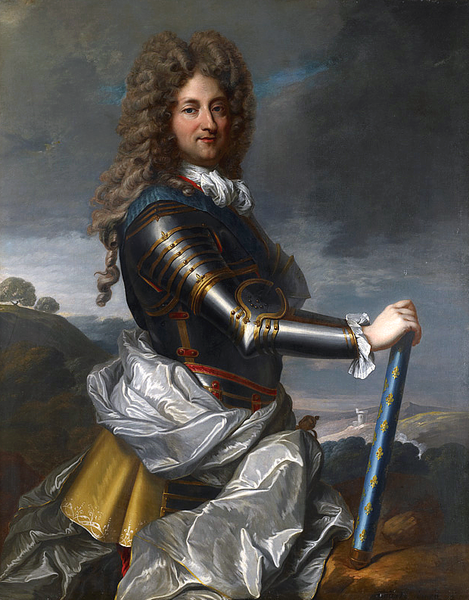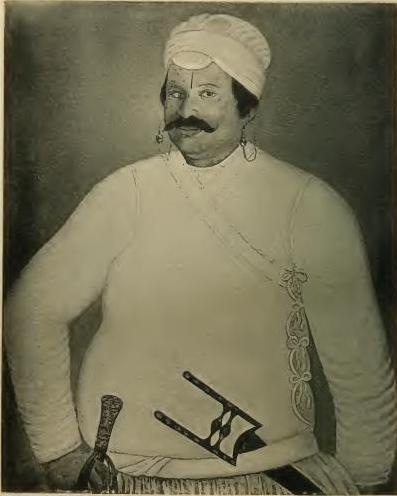Between the 16th and 18th centuries, many European powers came to trade with, and colonise, Indian territories. Most Europeans however, never bothered to learn any Indian language; instead, they appointed Indian officials called Dobashes, to help them conduct local business. The Hindi word Dobash is derived from Dobashi: literally meaning “Double-speaker”. Of course, it actually meant that they were professional translators. The Dobashes came from established business families, and did much more than just translate: they added value as brokers, executive assistants, administrators, arbitrators and even envoys to Indian Kings. Every European official who mattered, had his own Dobash. Many Dobashes became rich and influential — The higher the rank of the European, the richer his Dobash. On the flip side, their fortunes often fluctuated with their employer’s. Even worse, sometimes a fickle European boss could ruin his Dobash on a mere whim. The story of Nainiya Pillai is exactly that.

Nainiya Pillai was a prosperous merchant in Madras (Chennai) in the 1700s, who traded with the Europeans. Guillaume Andre d’Hebert, the Governor of Pondicherry was so impressed with him, that he enticed Nainiya to shift his entire business to Pondicherry. The French in Pondicherry loved to steal business from the British colony of Madras! Nainiya became the governor’s Chief Dobash and Indian Courtier and joined the glittering ranks of Pondicherry’s elite.
But the French government was a hotbed of religious and political intrigue — and Nainiya innocently got entangled. Suddenly, his fortunes tumbled. It appears that the French Jesuits did not like him, and unduly influenced Hebert. Hebert summarily dismissed Nainiya and even imprisoned him. Fearing further victimisation, Nainiya’s son Guruva Pillai fled to Madras. But Guruva was no coward: he decided to sail to France and complain to the King himself. No Indian had attempted anything like this.
Guruva reached Paris. King Louis XV, was a minor, so the Regent, the Duke of Orleans, governed France. Somehow Guruva managed to get an audience with him and make quite an impression: The Duke was convinced that the unknown brown man was telling the truth and ordered the immediate replacement of Governor Hebert. During his stay, the maverick Guruva converted to Catholicism and even got knighted as a Chevalier of the Order of St Michael! In 1718, he made a triumphant re-entry into Pondicherry, having redeemed his family honour. The new Governor appointed Guruva as the Chief Dobash and Indian Courtier of the Government – a post he held till his death. Sadly, Nainiya did not live to see this: the rigours of prison had already killed the gentleman

How do we know all this? Years later, Guruva’s cousin Ananda Rangam Pillai became the Chief Dobash. He was the trusted advisor of the famously flamboyant French Governor Joseph Francois Dupleix (who ruled during 1742-54). He meticulously maintained a daily diary for 25 years; since he was a keen observer of society, the diaries provide a ring-side view of Franco-Indian history. Most of what we know of Guruva, comes from his famous diaries!
Above: Ananda Rangam Pillai, who recorded Nainiya and Guruva’s story in his diary. [Public Domain]
Fascinating isn’t it? For more stories like this join us the next time you are in Pondicherry on The French Connections Trail.
Archives
- January 2022
- December 2021
- November 2021
- August 2021
- March 2021
- February 2021
- January 2021
- December 2020
- November 2020
- October 2020
- September 2020
- August 2020
- April 2020
- March 2020
- February 2020
- January 2020
- November 2019
- October 2019
- September 2019
- August 2019
- July 2019
- June 2019
- August 2017
- February 2017
- January 2017
- October 2013
Featured Posts
- Tales that pots tell: Keeladi excavations AUGUST 18, 2021
- The Last Grand Nawab: Wallajah FEBRUARY 10, 2021
- How Tej Singh became Raja Desingu of Gingee FEBRUARY 5, 2021
- How Shahjahan seized the Mughal throne JANUARY 28, 2021
- Alai Darwaza – Qutub Minar Complex, Delhi NOVEMBER 21, 2020
- Marking History through British buildings NOVEMBER 17, 2020
- The last great queen of Travancore NOVEMBER 7, 2020
- Brahmi and the evolution of scripts OCTOBER 15, 2020
- The Cambodian King of Kanchipuram OCTOBER 14, 2020
- James Prinsep – the man who read the writing on the wall OCTOBER 10, 2020
- Mariamman – the Village Goddess who travelled SEPTEMBER 30, 2020
- Misnamed Monuments of Mamallapuram SEPTEMBER 28, 2020








